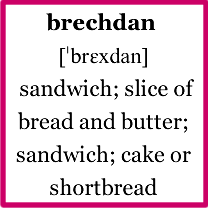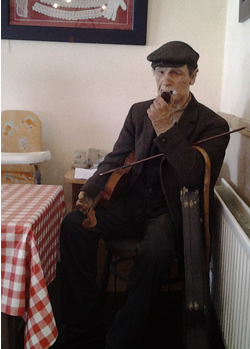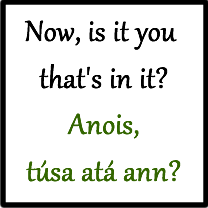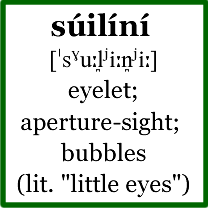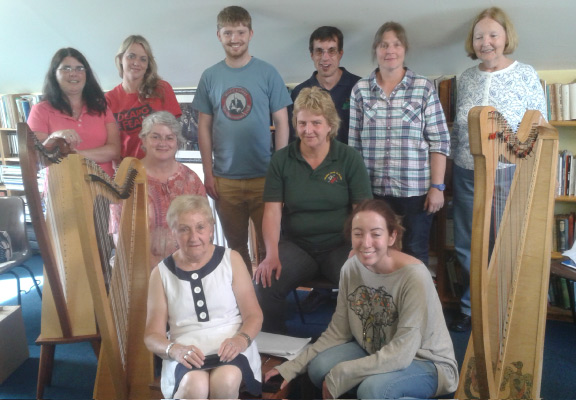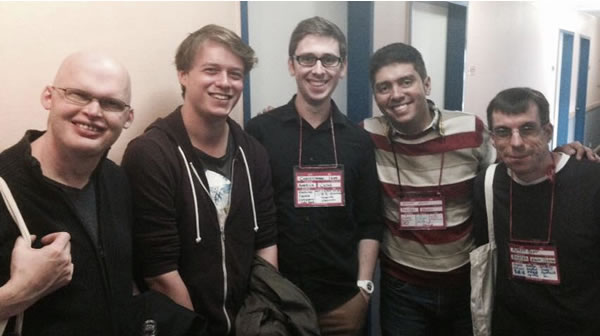I arrived back from New York a few hours ago after an overnight flight from JFK to Manchester. The flight went smoothly, apart from a bit if bumpiness at one point, and I managed to sleep a bit. The sun was shining in Manchester and in Bangor, though it’s a lot cooler here than it was in New York.
The second and final day of the conference was great with some interesting talks and lots of opportunities to practise languages. In the evening quite a few polyglots went to a roof top bar with great views and I spoke quite a lot of Welsh, Irish and Mandarin, and bits and pieces of my other languages.
On Monday morning I went on a language-spotting trip to Queens with a few other polyglots, and we found at least 15 different languages there. In the afternoon I went to a kind of book fair – one of the conference organisers was gvien many language courses, dictionaries and other language-related books by a publisher, and she decided to share them. Her apartment is in The Asonia, a very elegant former hotel in the Upper West Side of Manhattan. After that we went to bar in Brooklyn for some more socialising and polyglottery.
Yesterday morning I finally made it to Staten Island, and also walked the entire length of Central Park – 2.5 miles, though it felt further with my heavy bag, and getting lost. Then I headed to the airport. If I’d arrived earlier on Friday I would have gone to a polyglot picnic in Central Park, but by the time I got out of the airport and into Manhattan, it was finished.
So now I’m trying to catch up with the emails that arrived while I was away. If you’ve written to me recently and haven’t yet received a reply, please be patient.
